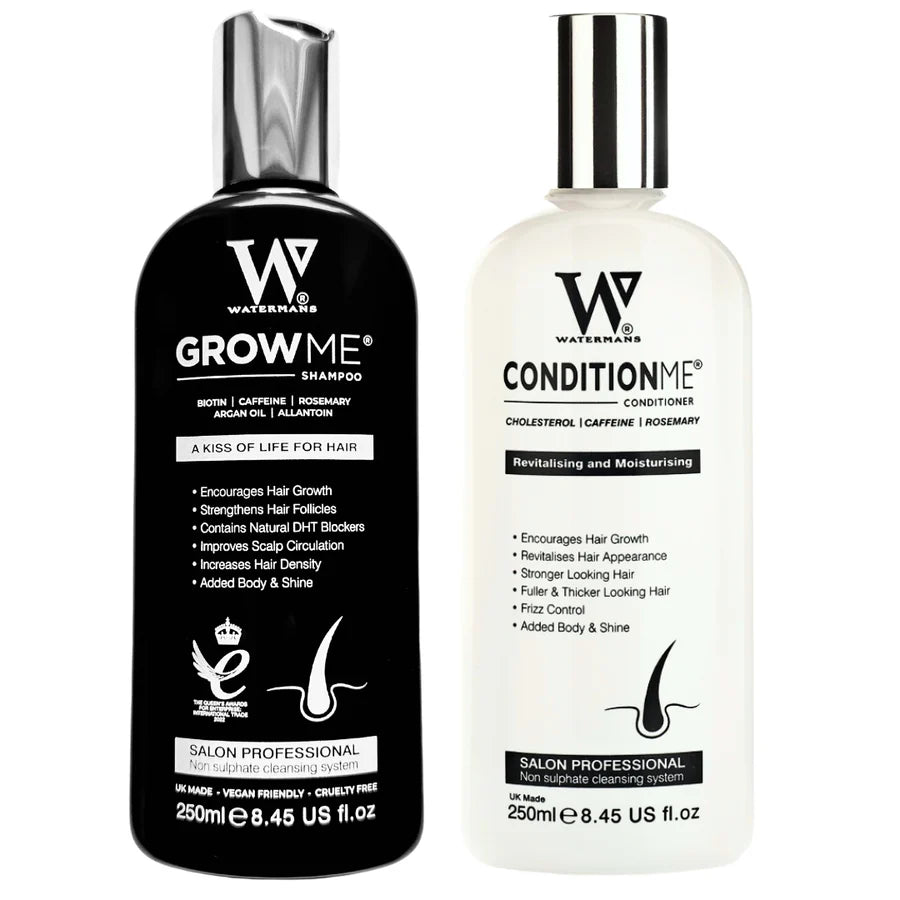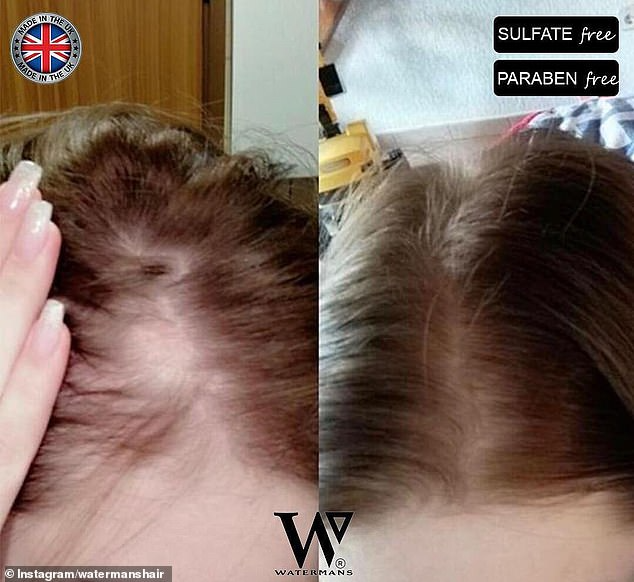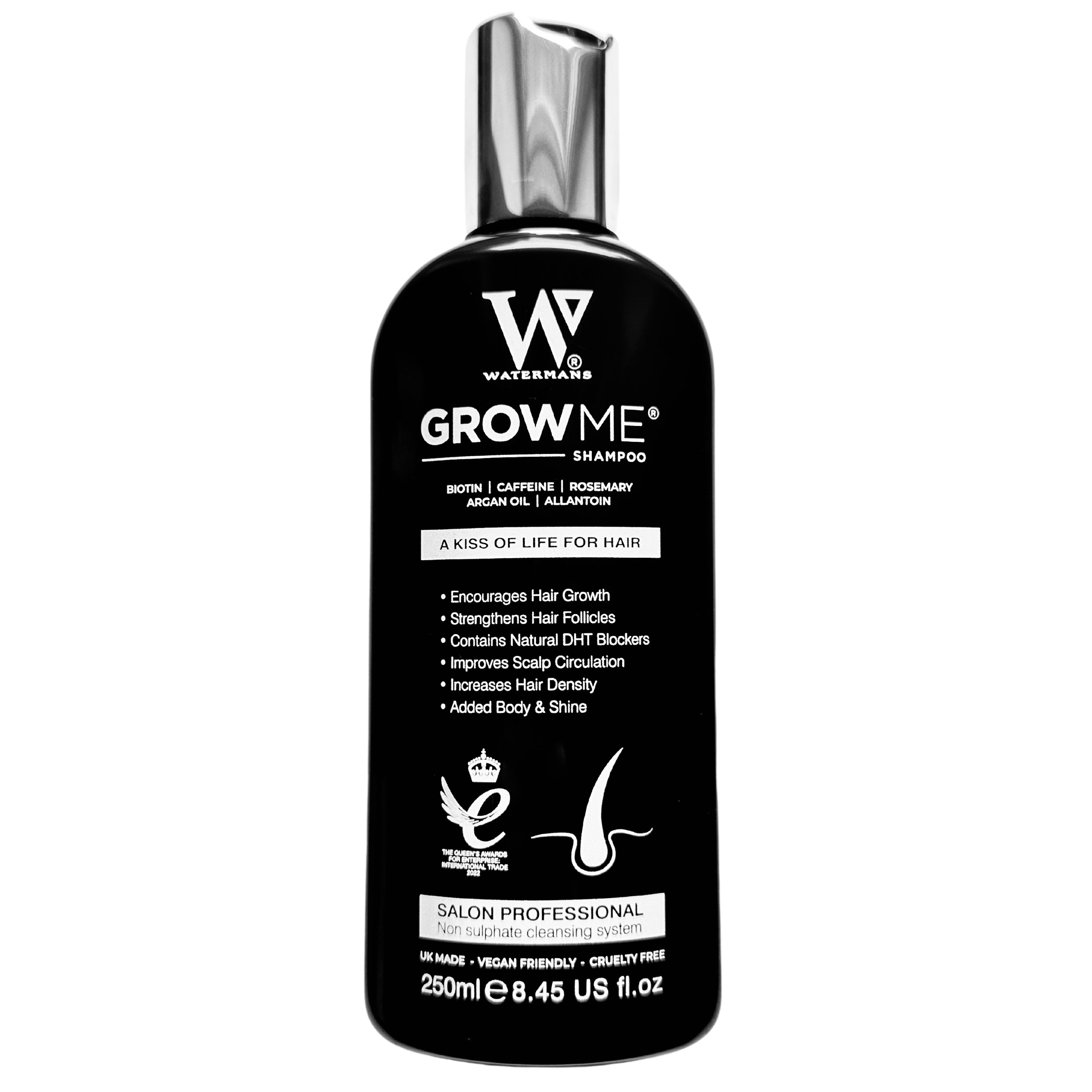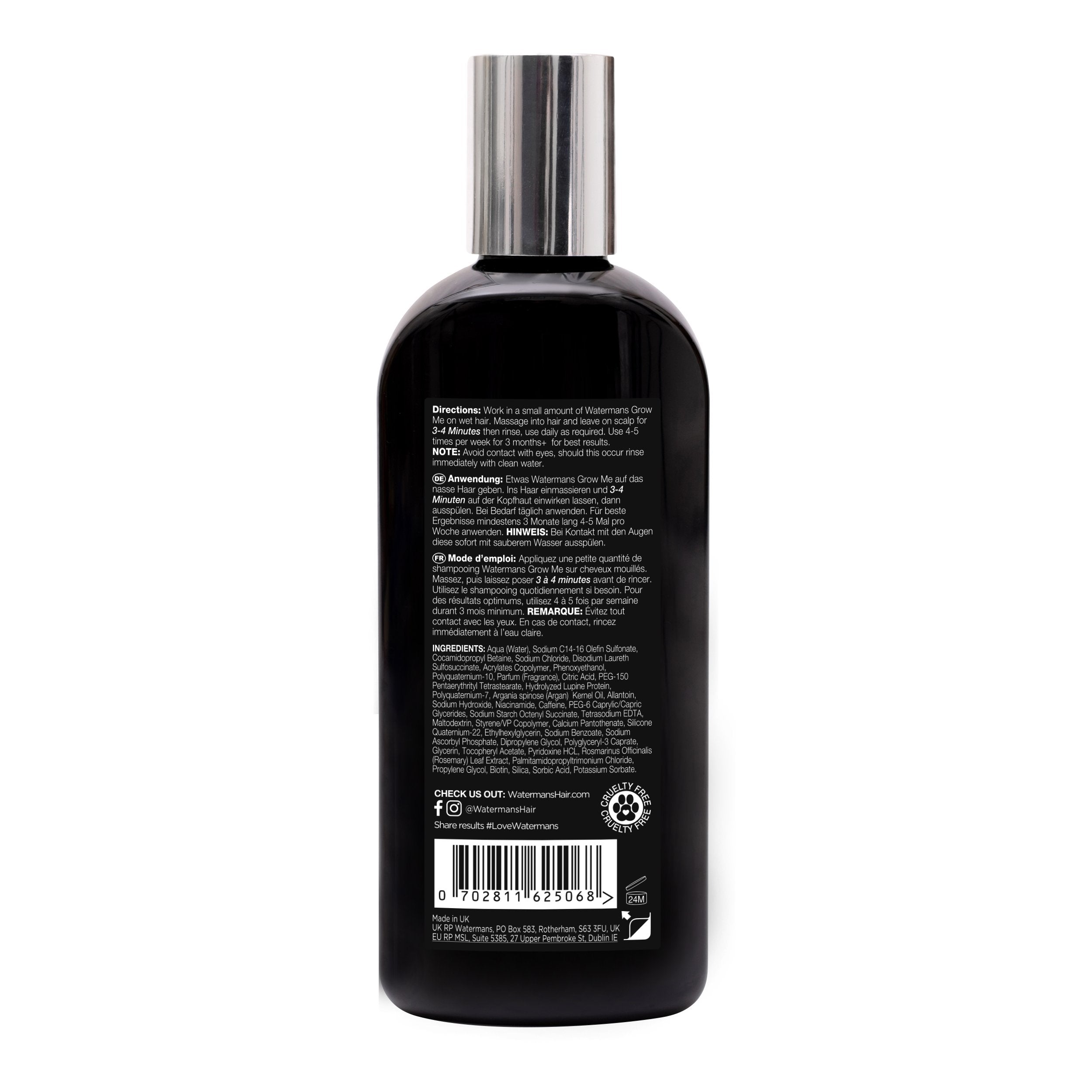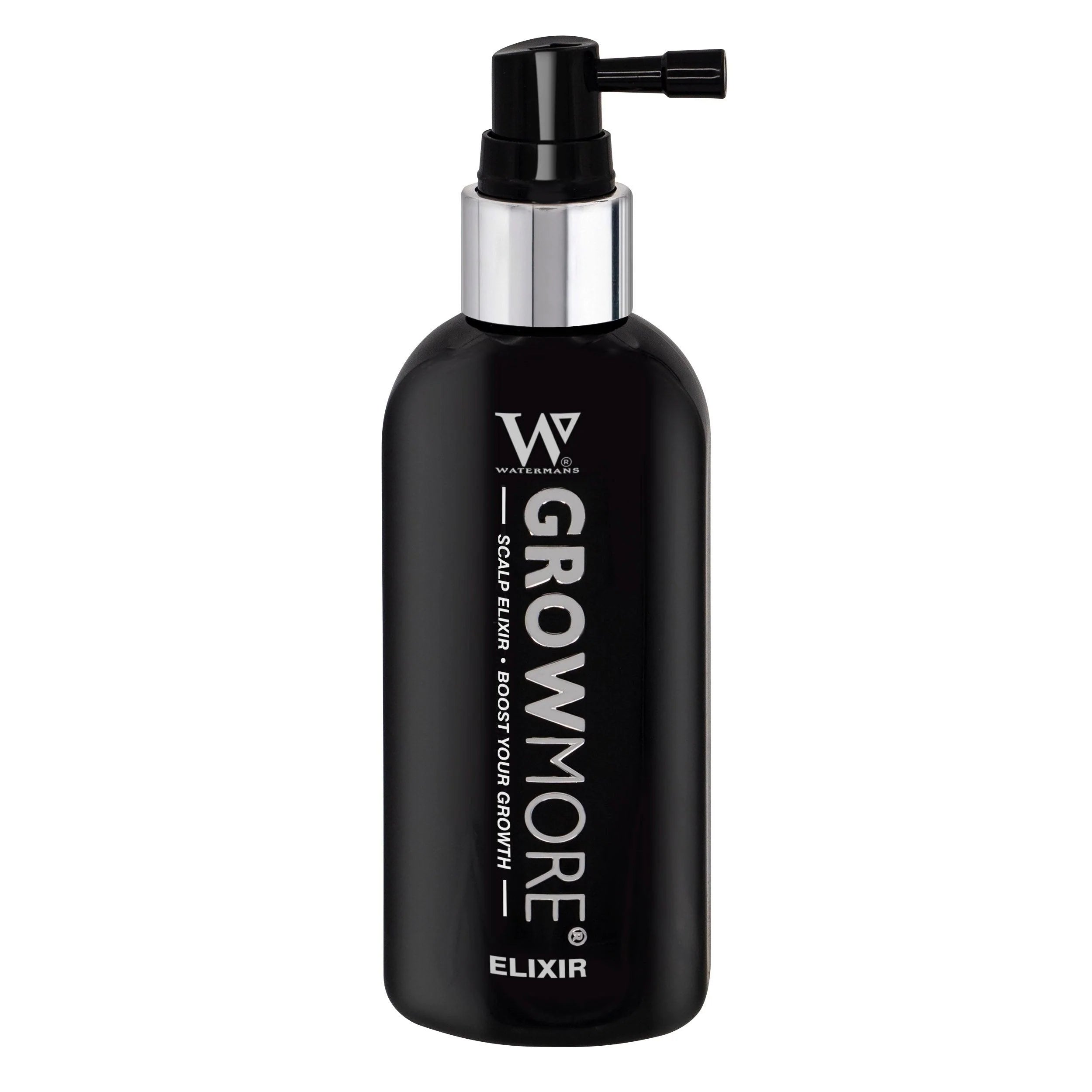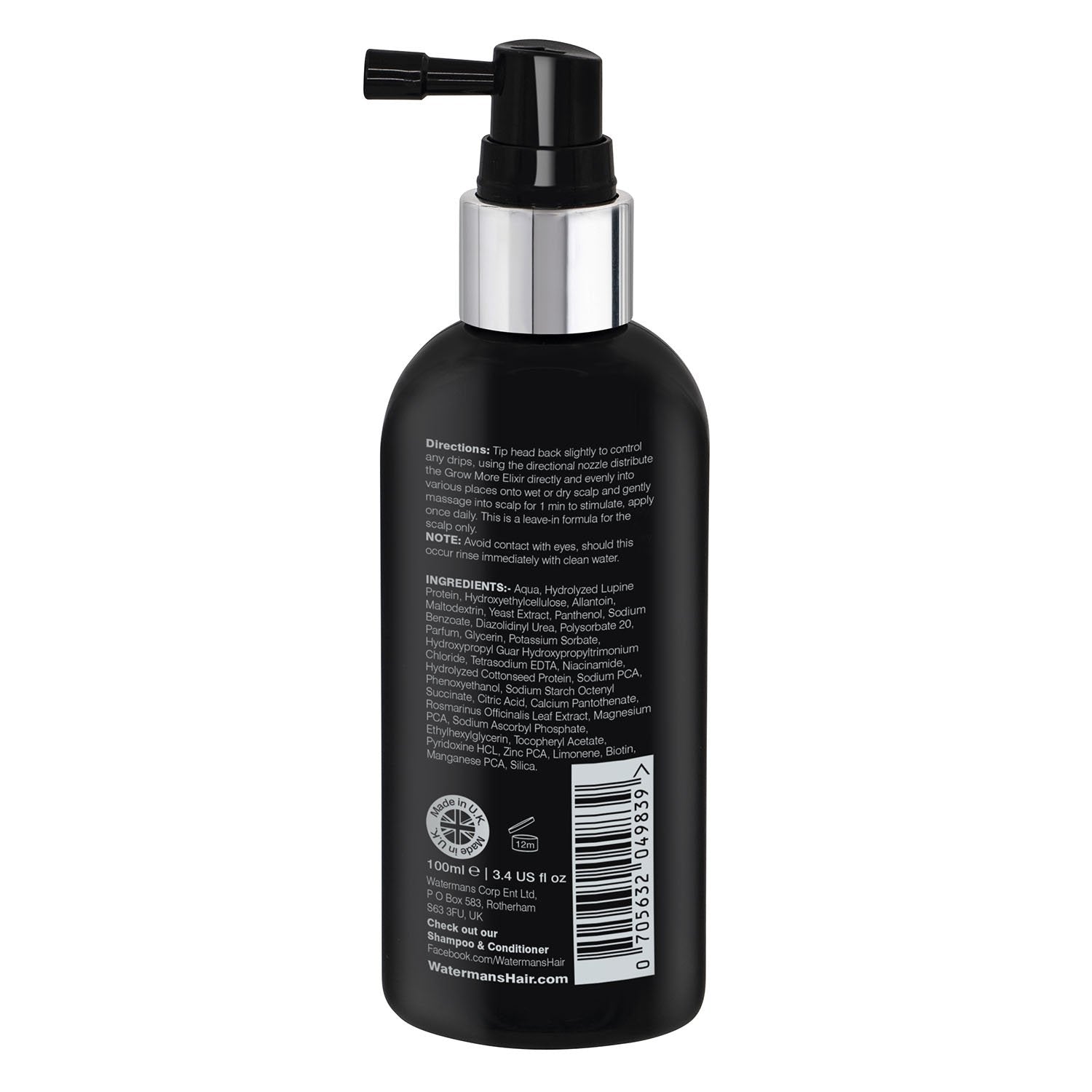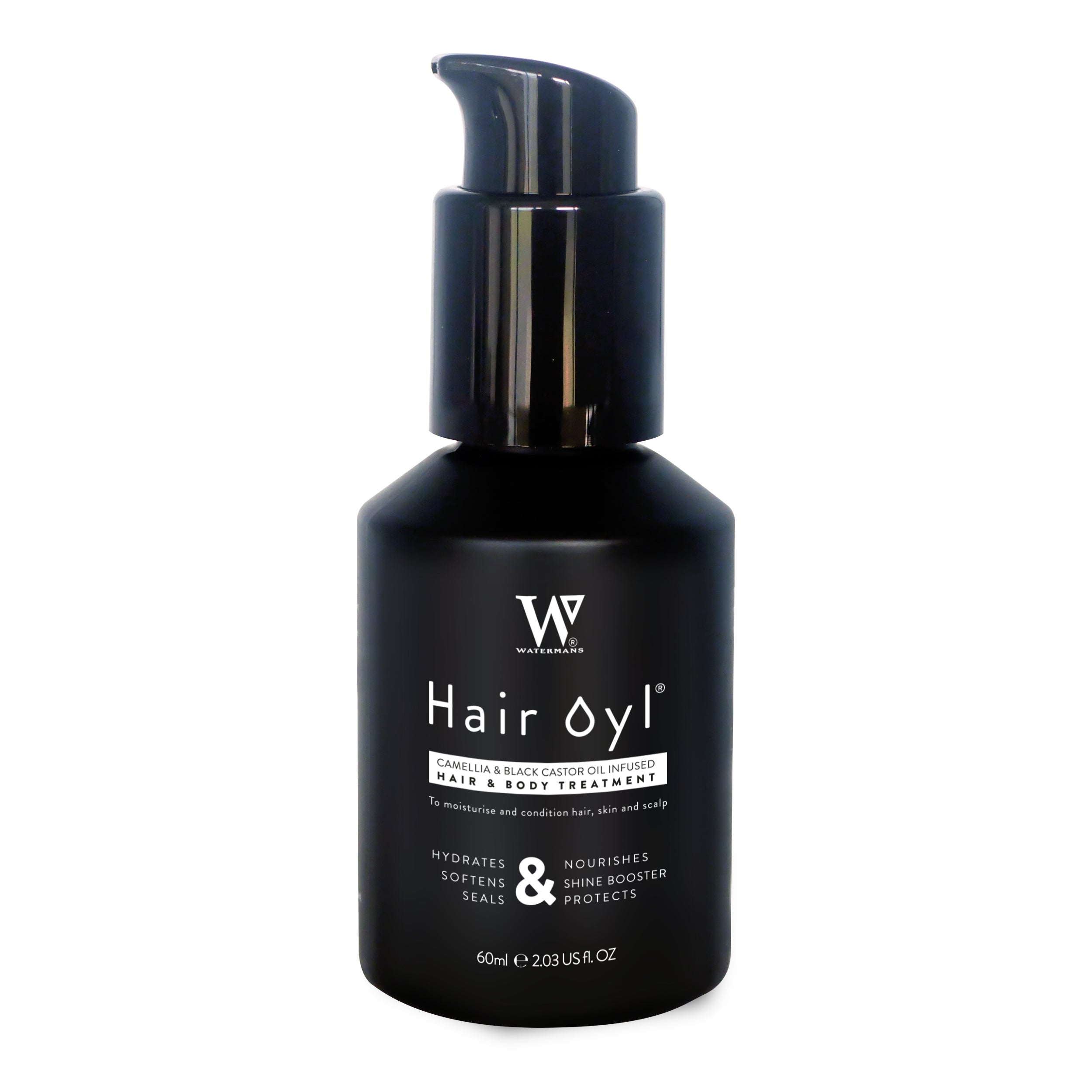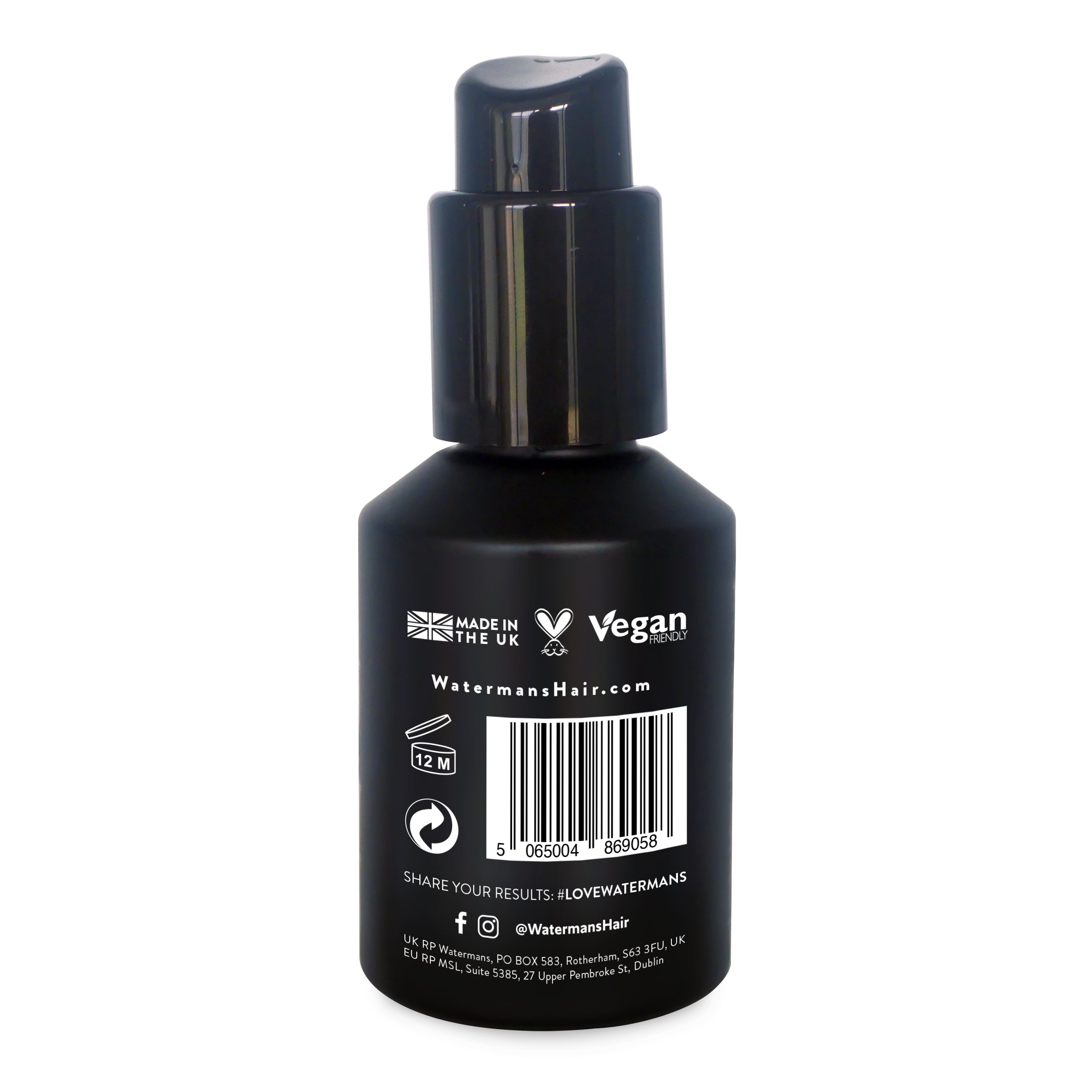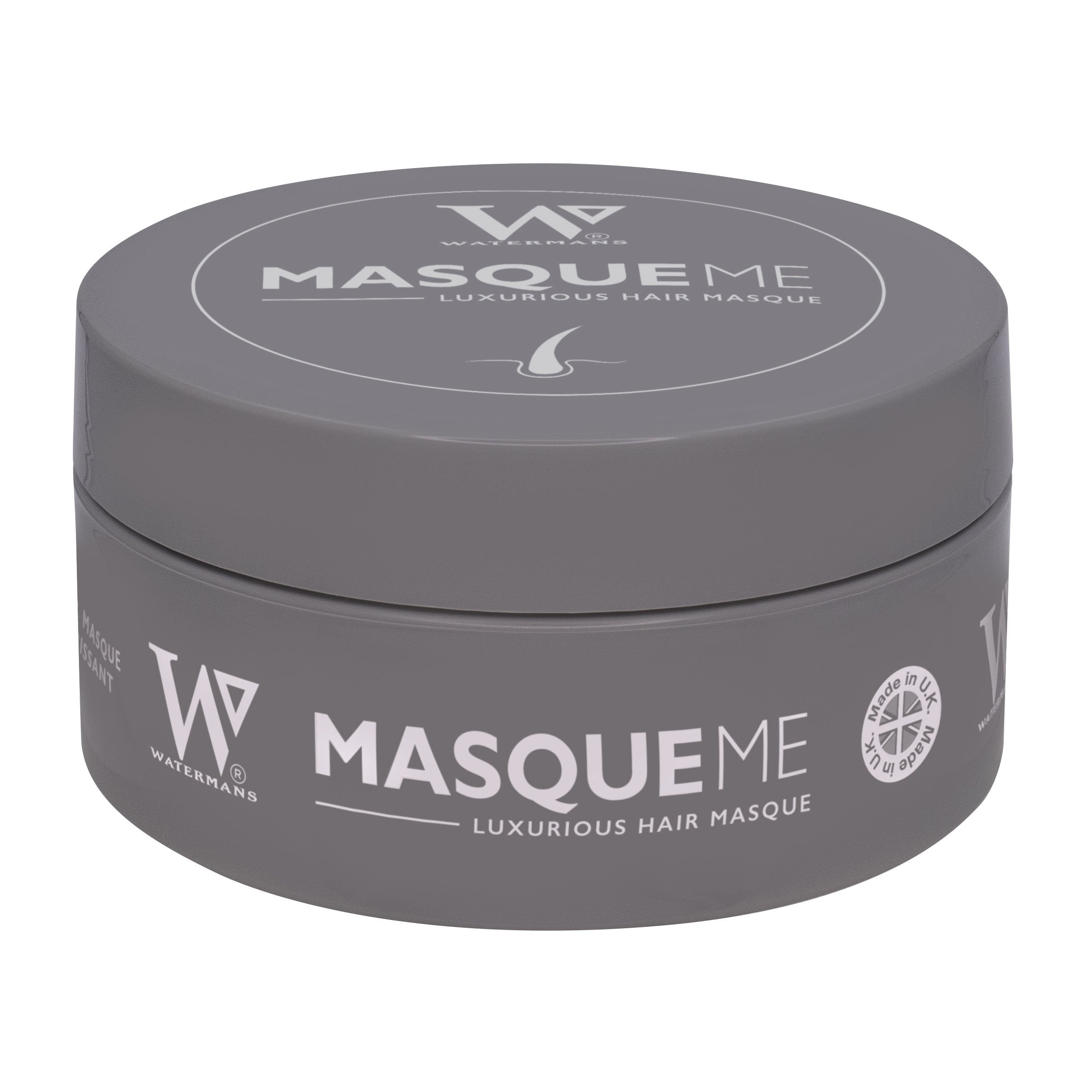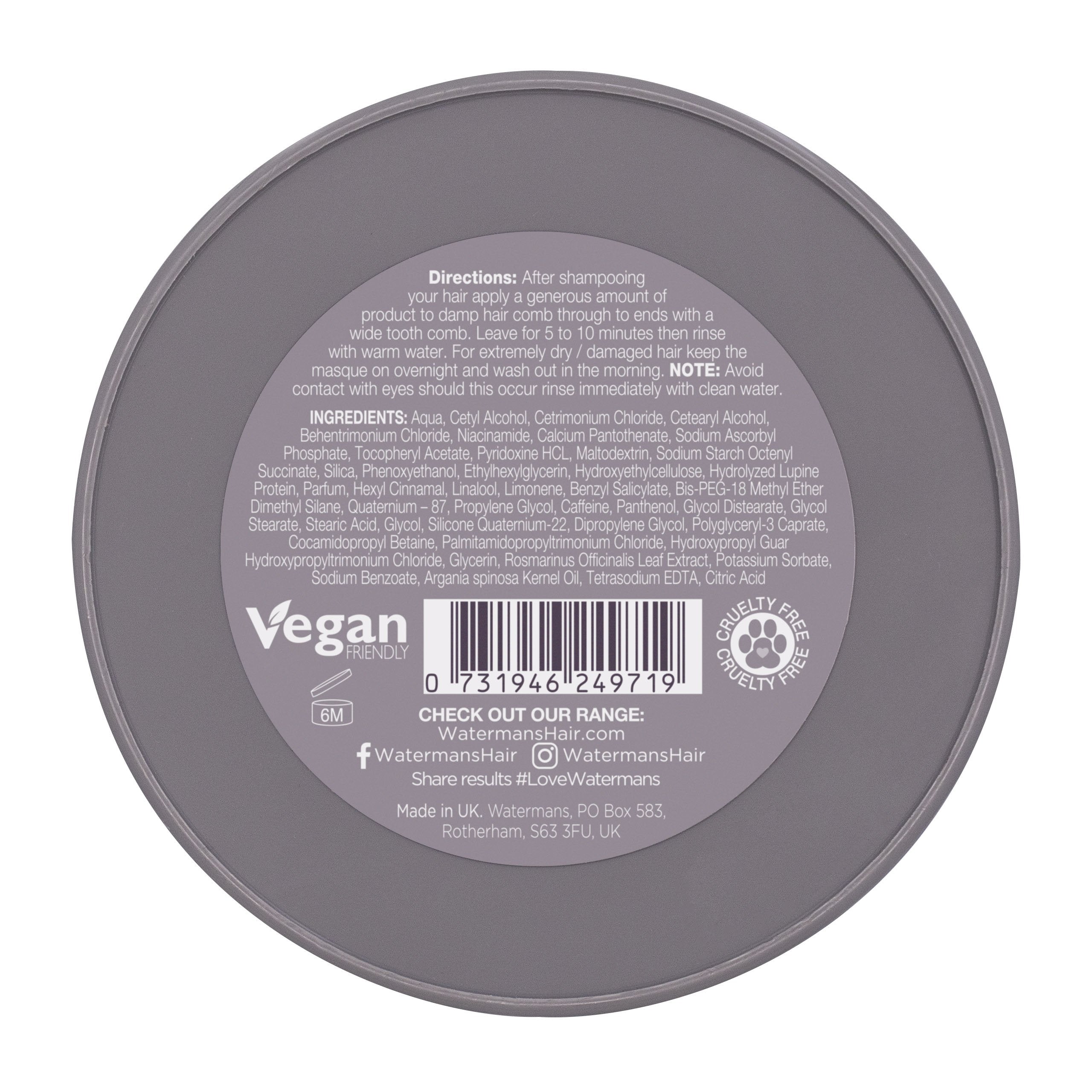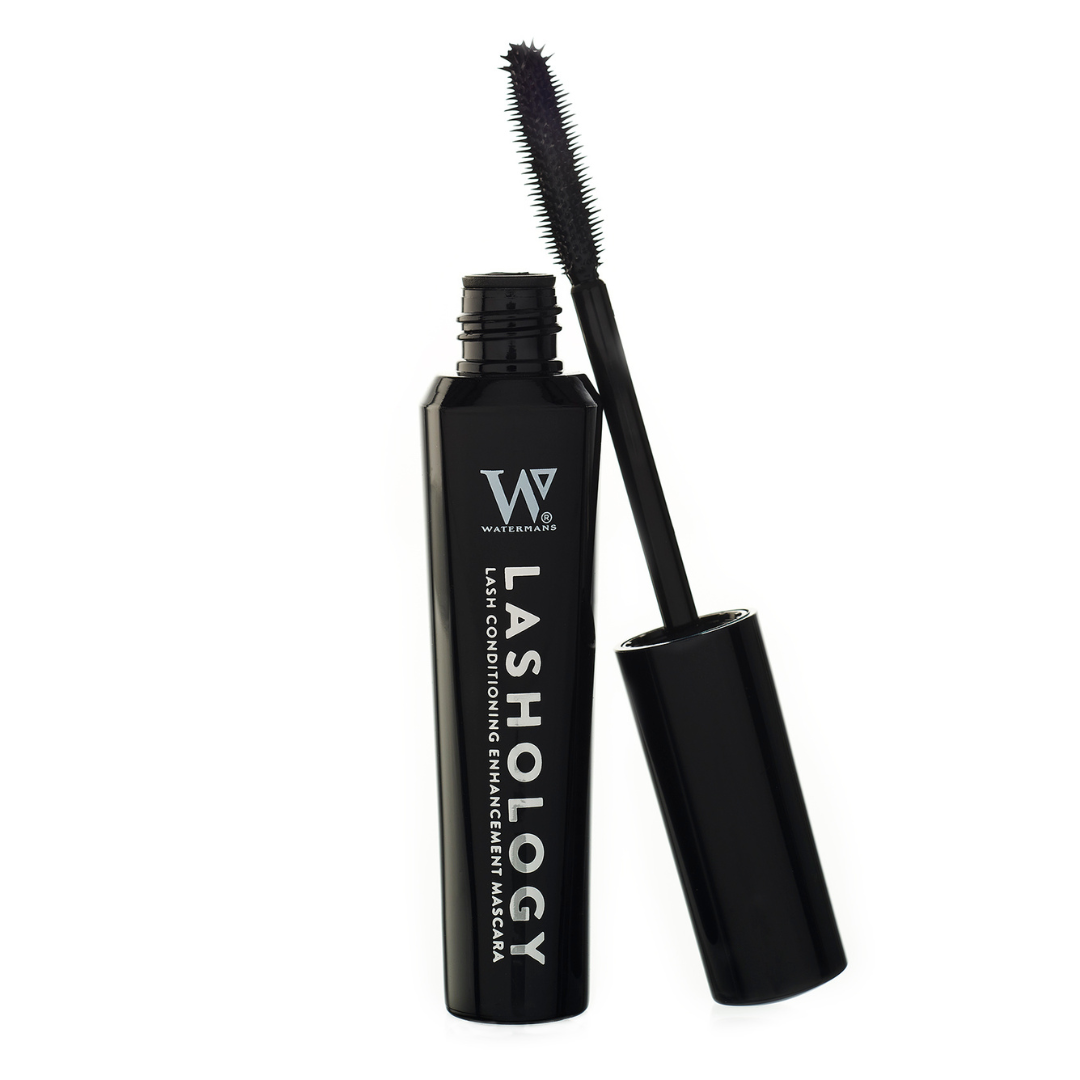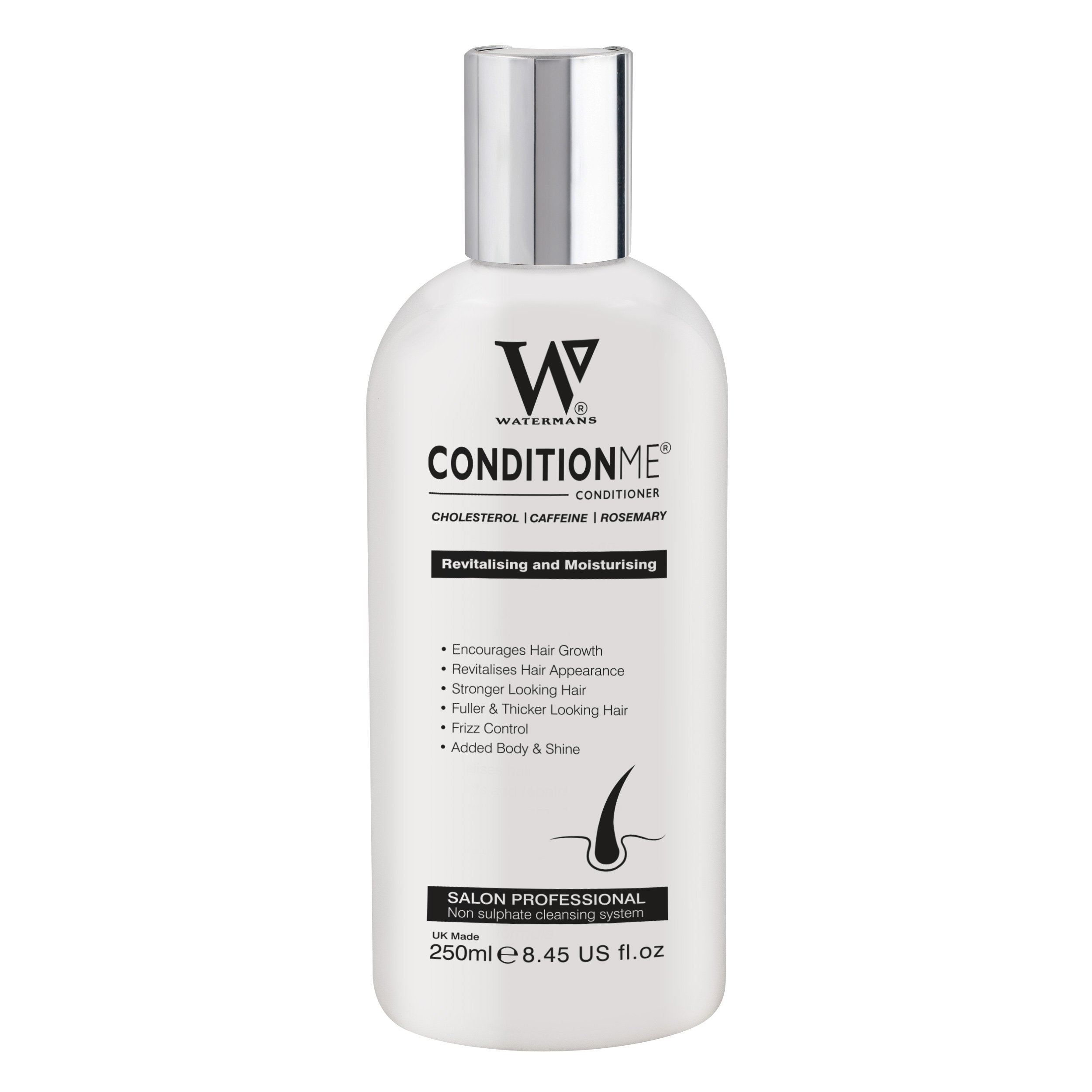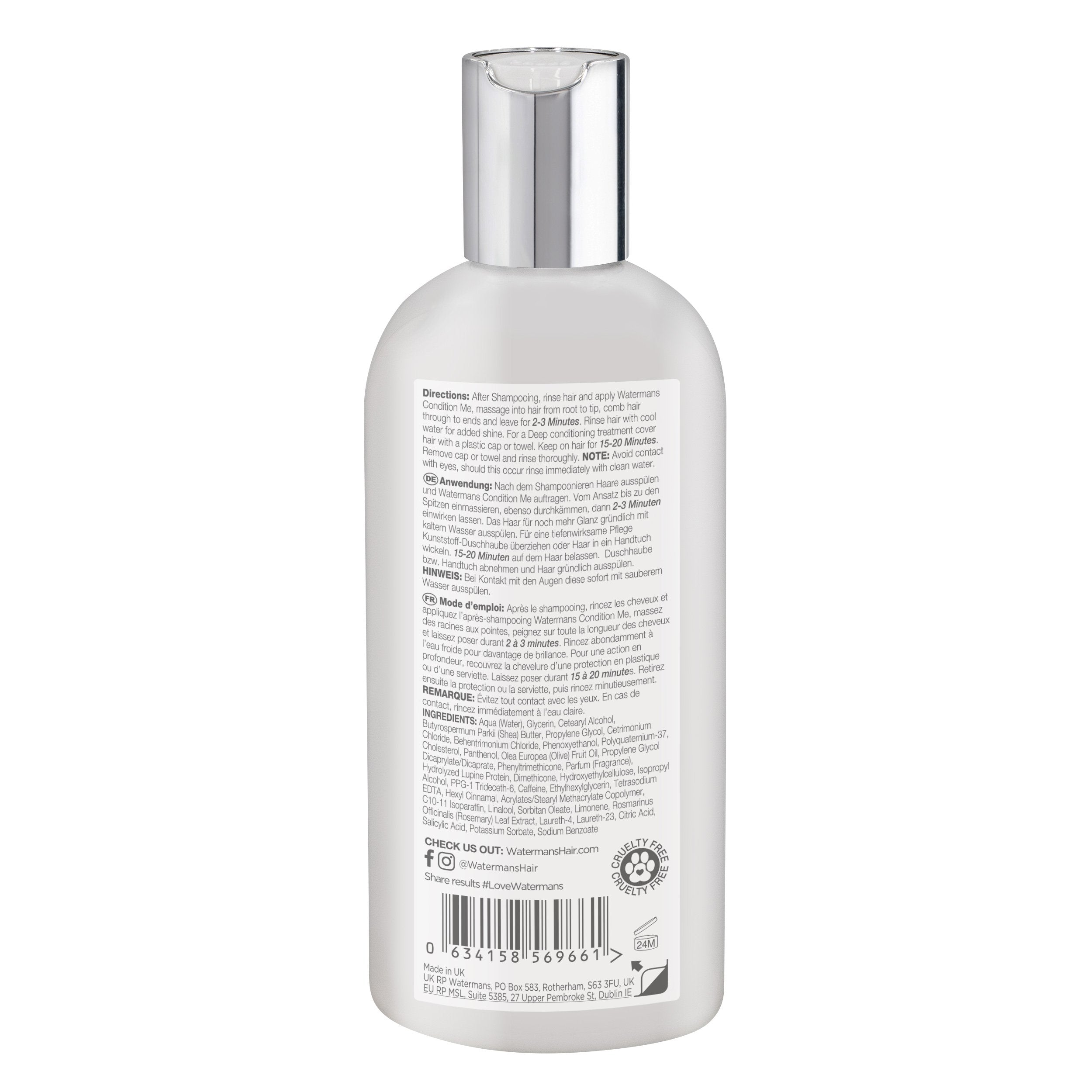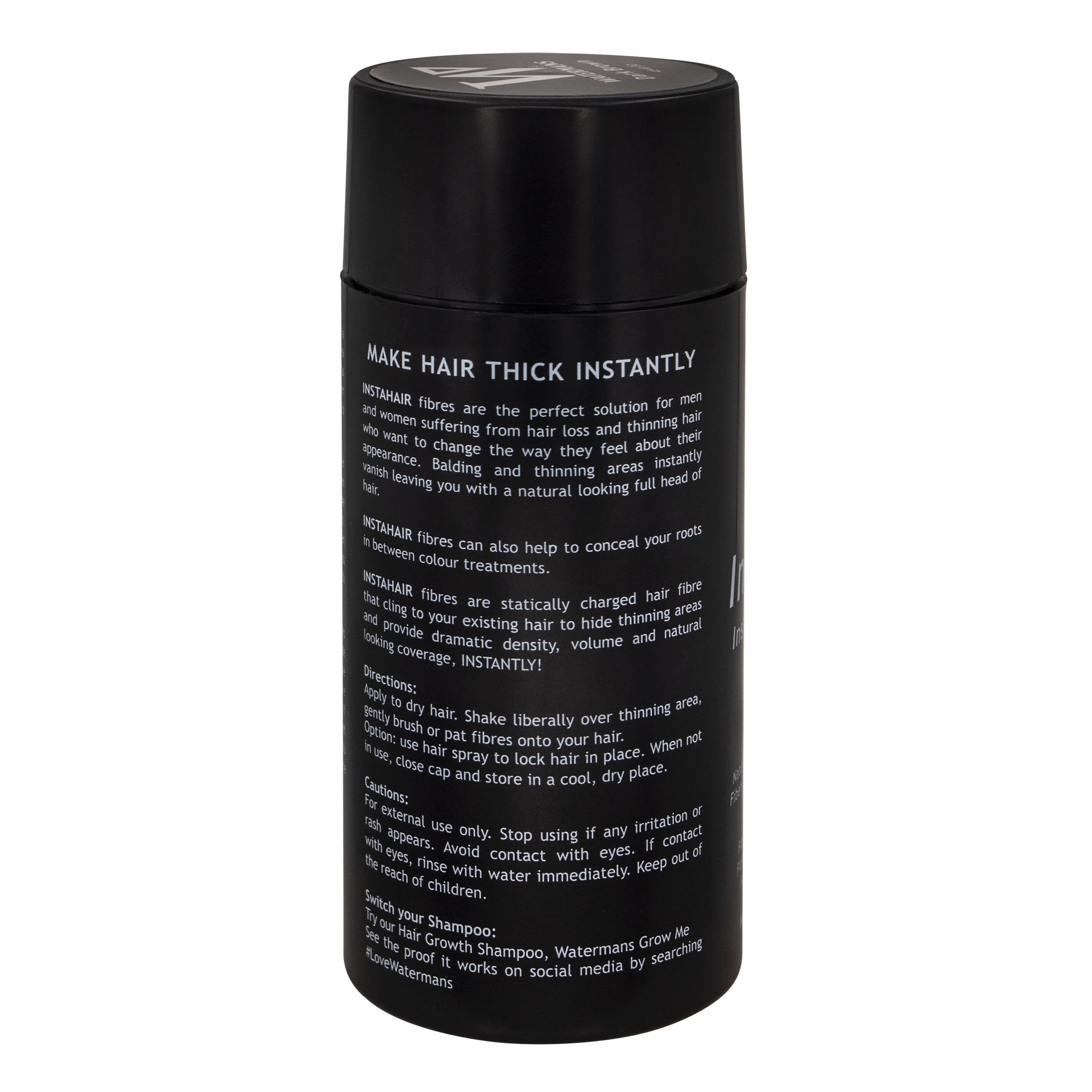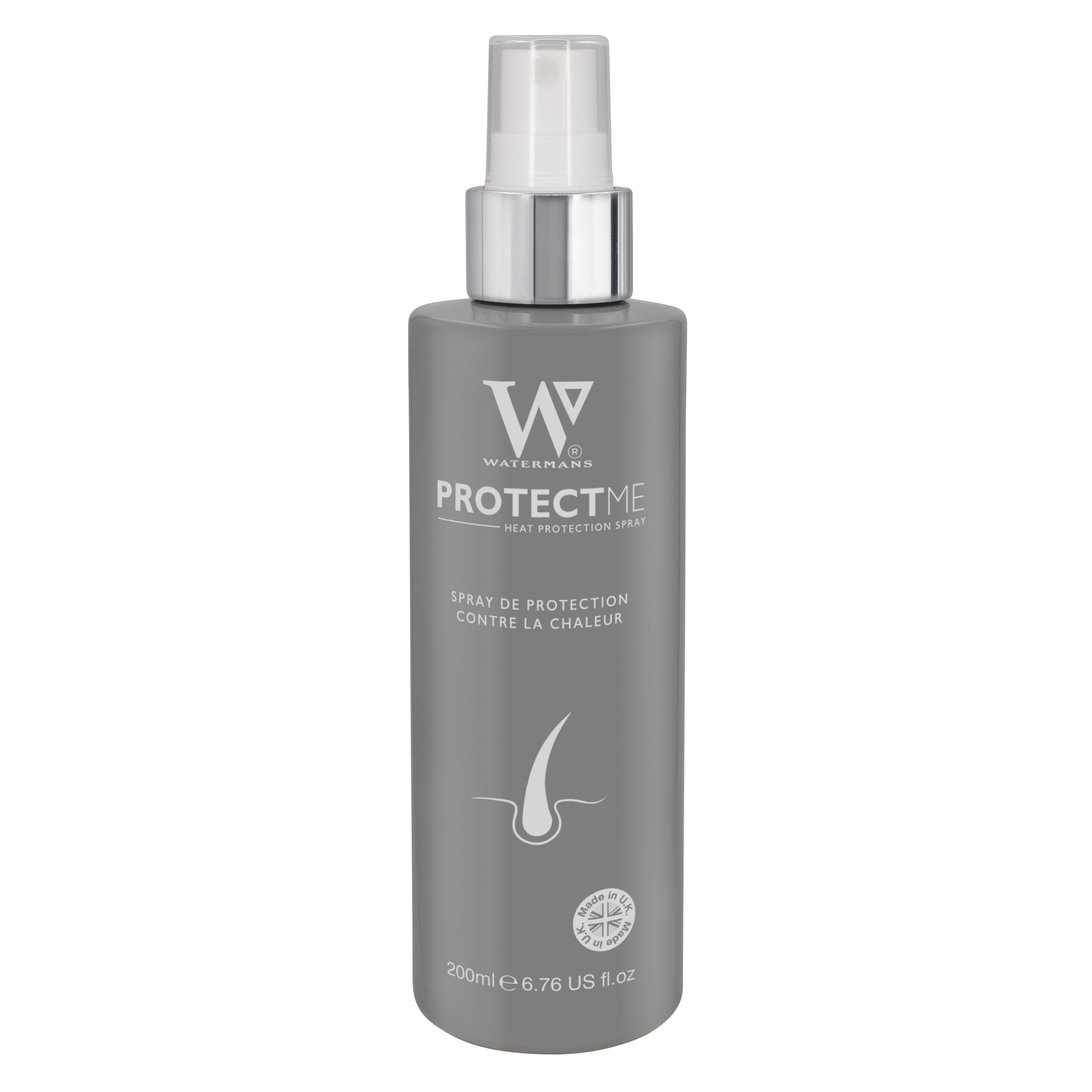
When it comes to hair health and care, people face many challenges. Hair may thin. The scalp may hurt. Finding the right help can seem hard. Meet the trichologist—a person who figures out hair and scalp problems. If you are in Fort Worth and need help, you must learn how to find a good trichologist.
What is a Trichologist?
A trichologist studies hair and scalp health. This person has trained in areas like dermatology, nutrition, or cosmetology. They know many treatments and products to grow hair and soothe the scalp. A trichologist works on hair and scalp issues. A dermatologist may work on the skin. The trichologist stays close to hair and scalp care.
Why Consult a Trichologist?
Hair loss or scalp problems can upset many people. A trichologist will check your hair and scalp. They search for the real cause. Here is why it helps to see one:
-
Personalized Treatment Plans: The trichologist looks at your lifestyle, hair type, and health history. They build a plan that fits you.
-
Expert Guidance: The trichologist knows much about hair loss, dandruff, and psoriasis. They give smart advice and sound steps.
-
Product Recommendations: With years in the field, the trichologist can point out the right shampoo, conditioner, or topical solution.
-
Holistic Approach: A good trichologist sees the whole picture. They note that your diet and habits affect your hair and scalp.
-
Ongoing Support: The trichologist meets with you again. They track your progress and help you adjust your plan.
How to Find the Right Trichologist in Fort Worth
Finding a trichologist in Fort Worth can seem too big a task. A step-by-step plan can work well. Here is how to search:
1. Research Online
Look up "trichologist near Fort Worth." Scan the sites of clinics or experts. Read about their skills. Check the treatments they give. Look for client reviews to learn more.
2. Ask for Recommendations
Chat with friends, family, or your regular doctor. They may name someone they trust from the Fort Worth area. Word from people you know can help you decide.
3. Check Credentials
When you find a trichologist, check their background. Make sure they have the proper training and awards. Look for mention of trichology certificates.
4. Schedule a Consultation
Book a meeting with the expert before you start a plan. Use the meeting to judge their care style and to speak up about your worries. Ask how they look at and treat hair and scalp issues.
5. Evaluate Treatment Options
Ask what steps and products the trichologist thinks will help your case. For hair loss, you might try Watermans Grow Me Shampoo. This shampoo uses Biotin, Argan Oil, and Allantoin. These parts work to support thicker and healthier hair.
6. Consider Personal Compatibility
It is important to work with someone you trust. Talk openly about your concerns. Clear talk helps your treatment to work best.
What to Expect During Your Visit to a Trichologist
When you meet the trichologist, here is what will come next:
Initial Assessment
The first meeting starts with a close look at your hair and scalp. The trichologist asks about your hair care, daily habits, food, and health history.
Diagnosis
After the check, the trichologist finds the root of your issue. They may inspect your head and sometimes ask for blood tests.
Treatment Plan
Once the cause is known, the trichologist draws a plan just for you. The plan may cover specific products, changes in habits, and a new hair care routine. For hair loss, you might try Watermans Grow Me Shampoo for its natural parts that support hair growth.
Follow-Up Sessions
The trichologist will meet with you again. Follow-ups help track your progress and adjust the plan as you go.
Common Conditions Addressed by Trichologists
Trichologists focus on many hair and scalp issues. Below are common problems you might mention:
1. Hair Loss (Alopecia)
Hair loss is a common reason people visit a trichologist. Some types include genetic hair loss and spotty hair loss. Treatments may differ with the cause.
2. Dandruff
Dandruff shows with flakes and itch. It comes from dry skin, fungus, or allergies. A trichologist may discuss special shampoos and remedies.
3. Scalp Conditions
Problems like psoriasis, eczema, or dermatitis can affect your hair. The trichologist finds the best plan to calm these issues and support hair growth.
4. Hair Damage
Damage can come from too much heat or chemical treatments. A trichologist may suggest steps to mend and revive your hair.
5. Ingrown Hairs
Ingrown hairs hurt and cause pain. A trichologist can show you how to stop these from occurring and what to do if they occur.
Did You Know?
-
Hair Growth Phases: Hair grows in steps. It has a growth, a short stop, and a rest period. Knowing these steps may help you care for your hair.
-
Nutritional Impact: A good diet helps hair grow. Vitamins like Biotin and minerals like zinc and iron keep hair strong.
-
Hydration is Key: Hair, like skin, needs water. Drinking water and using wet products may boost hair health.
-
Sleep and Hair Growth: Good sleep keeps your body sound, including your hair. Poor sleep may raise stress and cause hair loss.
-
Men and Women Experience Hair Loss Differently: Men may see hair thinning on the crown, while women may have thinning spread over the scalp.
FAQs About Trichologists
1. What qualifications should a trichologist have?
They should have formal training in trichology. Many complete extra courses or earn certificates. They might come from a dermatology or cosmetology background.
2. Will my insurance cover trichology services?
Insurance can vary with each company and plan. Ask your insurer about any coverage for these services.
3. How long does a trichology treatment plan typically last?
This plan can vary with your needs. Follow-up visits may occur every few weeks.
4. Are there any side effects of using trichology products?
Most products are made to be safe. Tell your trichologist about any allergies to avoid problems.
5. Can stress cause hair loss?
Yes. Stress can make hair thinner. Changing habits or seeking help in stress management may be part of your care.
6. How can I improve my hair health at home?
A balanced diet, proper water intake, avoiding too much heat or chemicals, and the right products help. You might try Watermans Grow Me Shampoo to support your hair.
7. Should I continue using my usual hair care products if I see a trichologist?
Talk about your usual products with the trichologist. They may say to keep them, swap them, or add new ones.
8. When should I see a trichologist?
Visit a trichologist if you see strong thinning, sudden loss, long-lasting scalp problems, or if you want to boost your hair care.
With these steps, you can act now to care for your hair and scalp in Fort Worth. Count on a trichologist to give you a plan that fits your needs. Feel free to try Watermans Grow Me Shampoo as you build your hair care routine.


